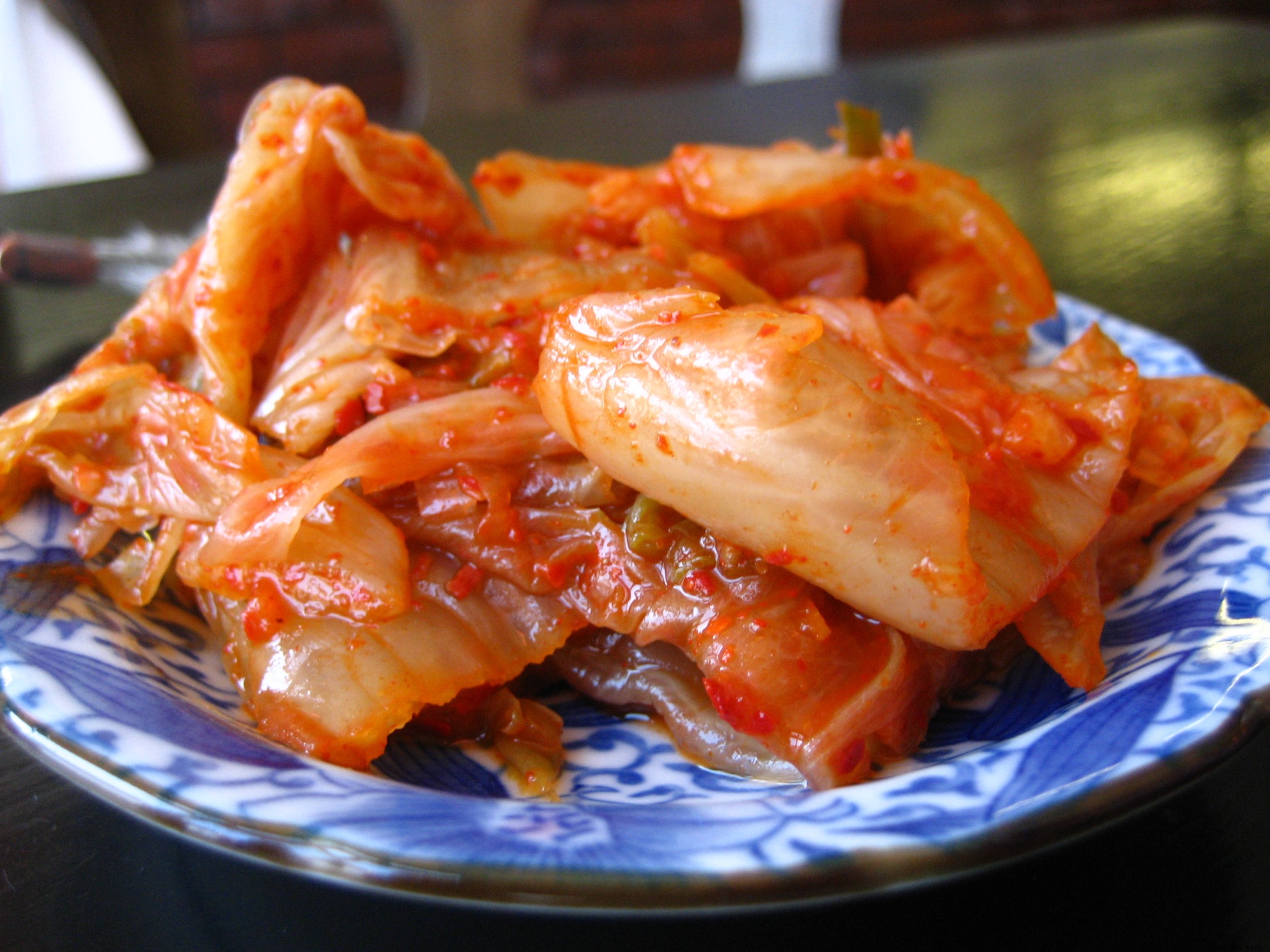A recent study published in the journal Cell suggests that within a few weeks a diet rich in fermented foods improves the diversity of the intestinal microbiome as well as the responses immune.
Gut bacteria are so important to our health that some consider them an organ in their own right . They digest our food, neutralize some of the toxic by-products of the digestive process and protect us from certain diseases. Low microbial diversity in our guts has been linked to obesity and diabetes, among others. In recent work, researchers at Stanford University (United States) have investigated how diet may or may not influence the composition of this microbiome.
“We wanted to conduct a proof-of-concept study that could test whether microbiota-targeted foods could be a way to combat the overwhelming rise in inflammatory diseases chronicles “, says Dr. Christopher Gardner, Director of Nutrition Studies at the Stanford Prevention Research Center.
For this research, the team focused on two diets, one high in fiber, the other high in fermented foods. Note that previous studies have already reported the benefits of these for health.
In a clinical trial, researchers recruited thirty-six healthy adults who were randomly assigned to one of two diets for ten weeks . Blood and stool tests were then performed. The researchers analyzed blood and stool samples during a three-week pre-test period, during the ten weeks of the study, and also during a four-week period following each diet.
These two approaches then had different effects on the gut microbiome and the immune system.
On the one hand, the consumption of fermented foods, such as yogurts, kefir, fermented cottage cheese, kimchi and other fermented vegetables led to increase in overall microbial diversity . Also, the larger the servings, the larger the effects.
"This is an amazing find “, said Justin Sonnenburg, Associate Professor of Microbiology and Immunology and co-author of this work. "This provides one of the first examples of how a simple change in diet can reproducibly reshape the microbiota in a cohort of healthy adults “.
Four types of immune cells showed less activation in the fermented diet group. Finally, levels of nineteen inflammatory proteins measured in blood samples also decreased . One of them, interleukin 6, has already been linked to conditions such as rheumatoid arthritis, type 2 diabetes and chronic stress, the researchers point out.
Thus, for Dr. Gardner, microbiota-targeted diets may therefore "alter immune status, offering a promising avenue to reduce inflammation in healthy adults “.

In contrast, none of these 19 inflammatory proteins decreased in participants on the high-fiber diet (legumes, seeds, whole grains, nuts, vegetables, and fruits). ). On average, the diversity of their gut microbes also remained stable.
“We expected the high fiber content to have a more universal beneficial effect and increase microbiota diversity “said Erica Sonnenburg, co-author of the study. "The data suggest that an increase in fiber intake alone over a short period of time is insufficient to increase microbiota diversity."
Note that this study was conducted over a very short period of time. Also, a longer exposure to these fibers could allow the microbiota to adapt adequately to the increase in fiber consumption. “Alternatively, notes the researcher, the deliberate introduction of fiber-consuming microbes may be necessary to increase the ability of the microbiota to break them down “.